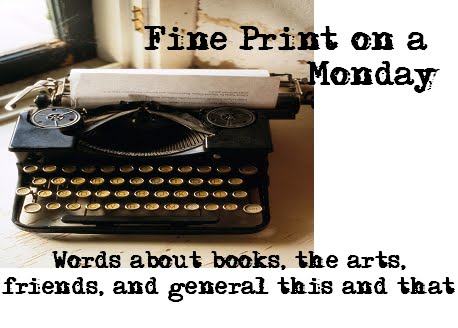This book took me back to some of the grad school documents I read for my thesis - totally boring, studied, academic writing - yet totally fascinating subject. Lawrence Wright has packed his book with bizarre facts and incidents presented in the most matter of fact manner. I imagine he had to struggle to keep his words from becoming sarcastic, or worse - glib.
For those of you who think that Scientology died with L. Ron Hubbard in 1985, never fear. Hubbard simply chose to "drop his body" and move to a new level of existence. If Hubbard followed the same path he asked his acolytes to accept, he first went to Mars (yes, Mars) where he spent time before a huge wheel depicting significant moments in his life. As the wheel spun, Hubbard's past grew weaker and weaker until it no longer existed. He will be back. He promised that. After spending time with the wheel on Mars, a Scientologist finds a new baby's body to occupy. If no baby is readily available the Thetan (believer) energy simply lurks around a pregnant woman until she goes into labor.
Yup. You're right. I'm not going to be signing up for these fun and games any time soon. Seriously, Hubbard was dangerous, delusional and a bigamist. And that is only the beginning. Some will say that this book is certainly the work of a conspioracy theorist, but the amount of research that went into this is evidenced by footnotes and over fifty pages of end notes documenting sources. This isn't a Kitty Kelley expose type book. Wright never tells us that his sources have asked to remain anonymous. He never quotes the cousin of a neighbor who one had a sister who sat next to Hubbard's son in second grade. He names his sources and presents them as credible by explaining their background and association with Scientology.
What I don't understand is how this organization has managed to maintain its status as a religion. That position has been challenged more than once, yet it continues to enjoy the privileges granted to more traditional churches. Maybe that will be answered for me in the coming chapters. I was also curious about how this group enticed so many celebrities, but now I understand that. I just began reading about Tom Cruise's early involvement, while he was still married to his first wife, Mimi Rogers.
I haven't decided how much more time Ill spend with this book. It's an eye opener, for sure, but the I can't imagine that my opinion will change if I continue to read. 200 pages to go....skimming might work (not that I every skimmed in grad school., mind you).
Thanks for stopping by.










